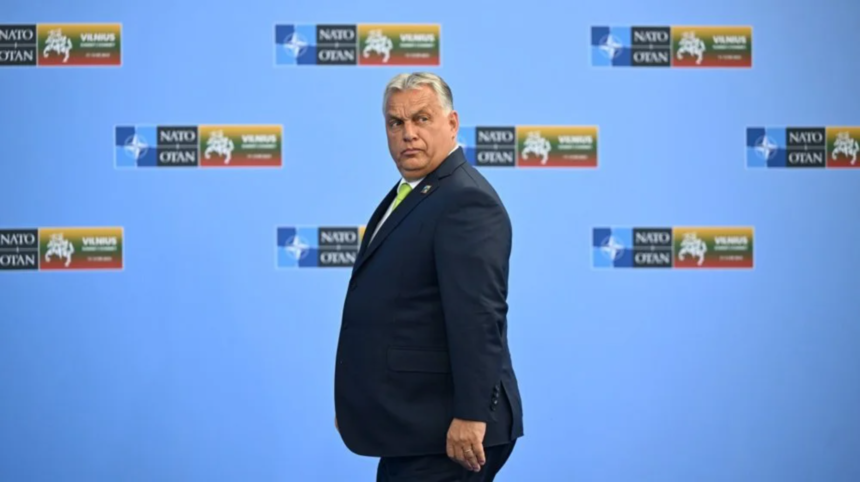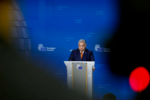Hungarian Prime Minister Viktor Orban has voiced concerns over U.S. President Donald Trump’s recent proposal for NATO member states to increase their defense spending. Orban stated that if the proposal were implemented, it would severely impact Hungary’s economy. In a press conference ahead of the New Year, Orban explained that Hungary had already made considerable efforts to meet NATO’s current defense spending target of 2% of its GDP, and increasing this would “strike at the heart” of Hungary’s economic stability.
“We would prefer not to spend even 2% of our GDP on defense,” Orban remarked, adding that global trends appear to be moving in the opposite direction. Reports suggest that Trump’s team informed European officials that the U.S. expects NATO allies to raise defense spending to 5% of GDP.
Orban clarified that he had not discussed the issue directly with President Trump but expressed the belief that any increase in defense spending should be gradual, if it is deemed necessary. The Hungarian Prime Minister’s remarks reflect growing tensions surrounding NATO’s defense funding requirements, with smaller economies like Hungary voicing concerns about the long-term financial strain such increases could cause.
Orban’s criticism comes as NATO countries face growing pressure from the U.S. to boost defense budgets amid rising global tensions. However, many European nations, particularly those with smaller economies, are wary of disproportionately bearing the cost of defense spending, which could detract from other crucial public investments.
As the debate around defense expenditure intensifies, Hungary’s stance under Orban could set the stage for future discussions on NATO’s financial burden-sharing and its impact on national economies.







